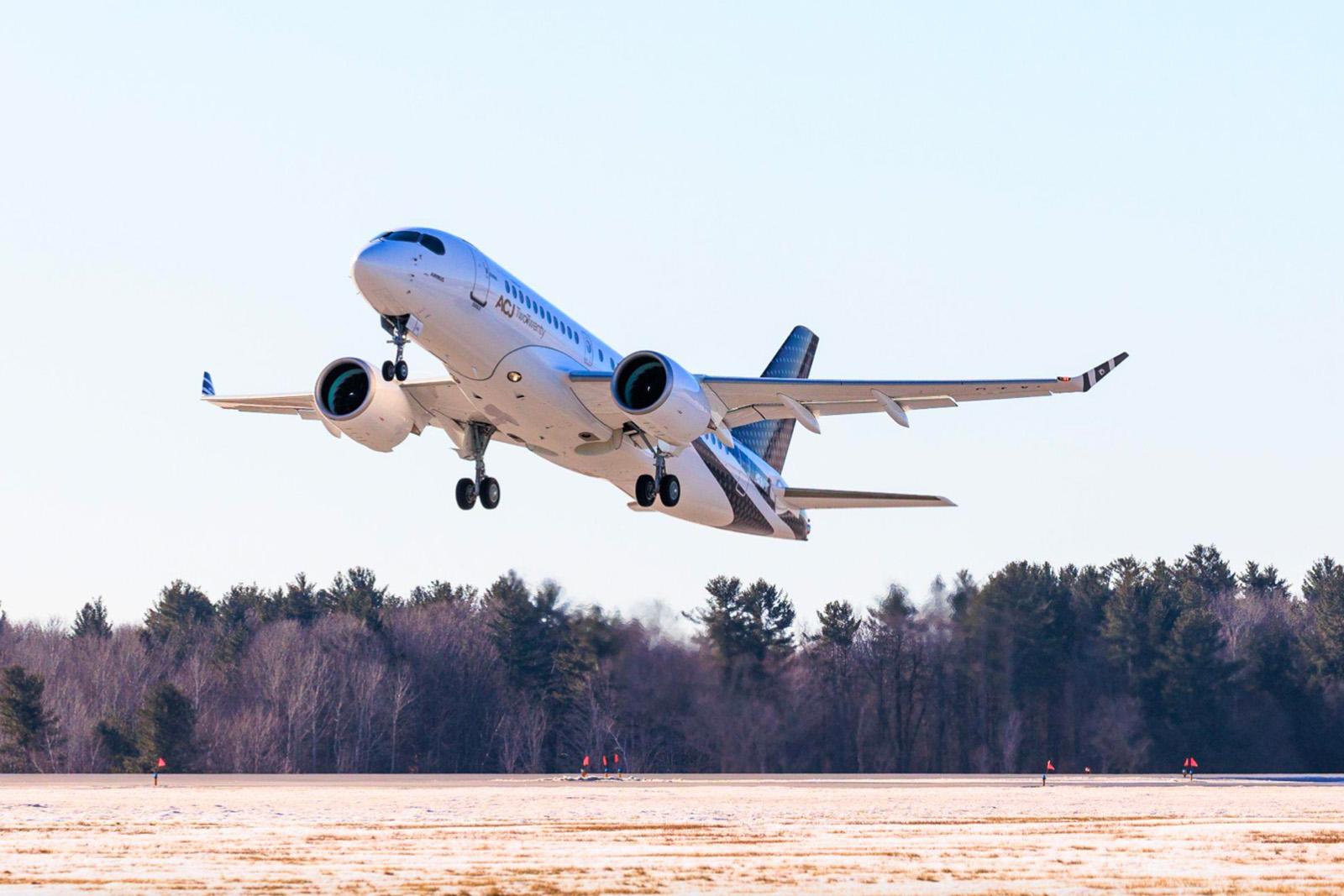
ORLANDO—The global airline industry may be leading the charge to switch to sustainable aviation fuels (SAF), but U.S. business jet operators are also poised to significantly increase their use of SAF. That is the conclusion of new research commissioned by Airbus Corporate Jets, which finds that the use of SAF in U.S. business aviation “is set for takeoff.”
Fifty-eight of 100 senior U.S. executives surveyed say they expect the use of SAF in the private aviation sector will increase “significantly” over the next five years, with a further 32% forecasting at least a “slight increase.” All of the companies surveyed had annual revenues in excess of $500 million.
“The business aviation sector is acutely aware of the need to find ways to reduce the impact of flying on the environment,” said Sean McGeough, head of Airbus Corporate Jets (ACJ) North America.
The high price of SAF is one deterrent to its greater adaptation. But 89% of the executives surveyed believe that costs will come down in the next five years due to increased investments in technologies to process feedstocks more efficiently and at greater scale. Nearly eight in 10 respondents also believe the business aviation’s improved sustainability record, including a greater use of SAF, will lead to more U.S. corporations purchasing private jets.
The study was conducted for ACJ in September by Pureprofile, an independent research company.
All ACJ aircraft are certified to fly with a 50% blend of SAF, including the new ACJ220, which made its first flight last December (pictured). The company has set a goal of achieving 100% SAF certification by 2030.
ACJ executives at the NBAA Business Aviation Convention & Exhibition (NBAA-BACE) here also expressed strong confidence in the future of the U.S. business aviation market. They are forecasting demand for 1,200 business jets in the U.S., including replacements, over the next decade or so.
